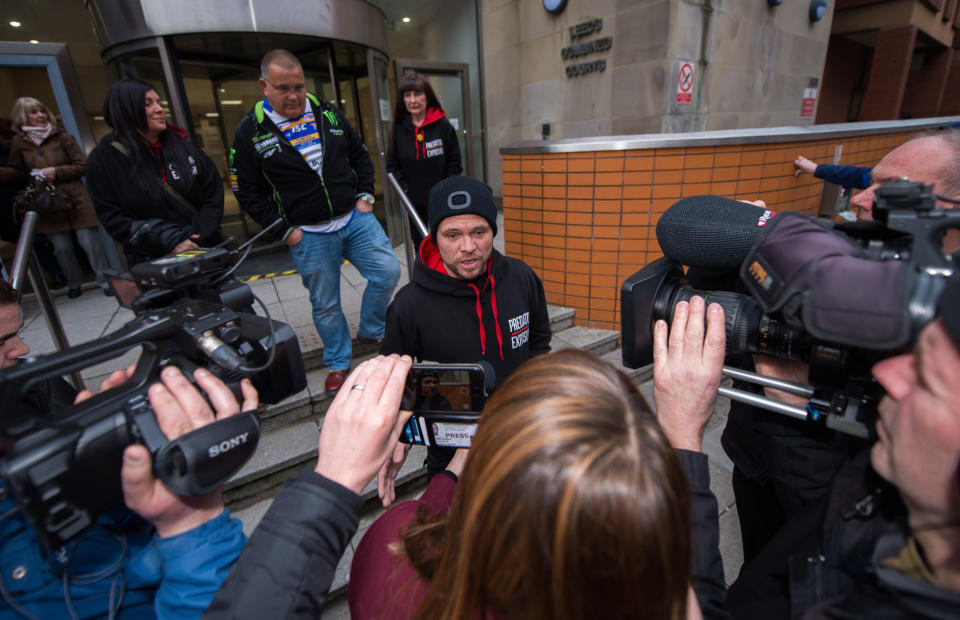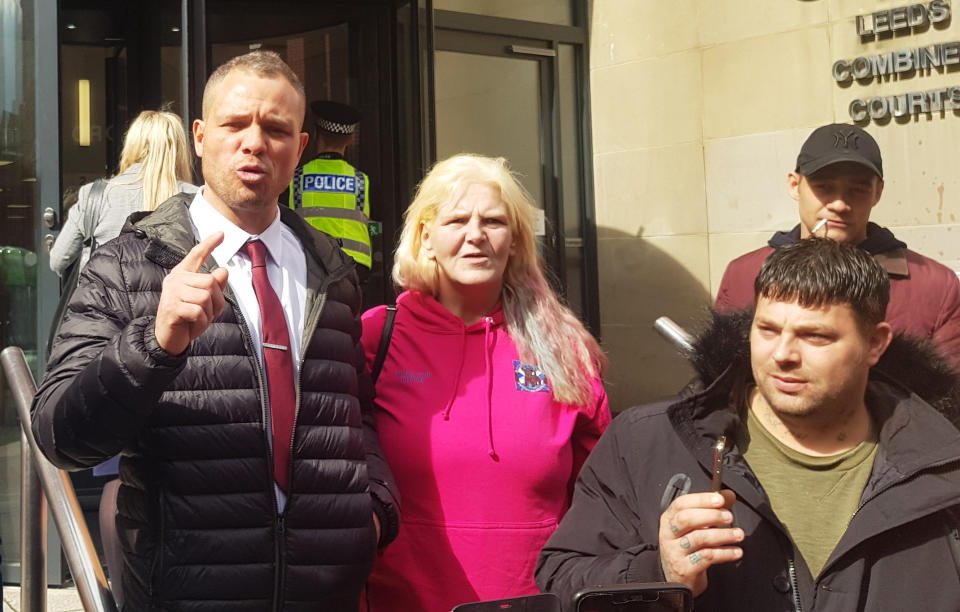Police are 'increasingly worried' about methods of vigilante paedophile hunter groups

Police forces in the UK are becoming increasingly worried about the activities of “paedophile hunter” groups that take the law into their own hands.
Last week, members of the prominent Leeds-based group Predator Exposure – led by Phil Hoban – were cleared of charges of assault in relation to operations against two men.
Leeds Crown Court heard that the group “overstepped the mark” when they falsely imprisoned and used violence against the men, whom they suspected of being child sex offenders.

The group claims to have exposed more than 30 offenders since forming in 2016, with Mr Hoban, 43, vowing he “will carry on to the day I die”.
But police say they are growing more concerned over the actions and methods of self-styled vigilante groups.
Members of such groups often snare offenders by setting up fake profiles online, posing as teenagers and children, and waiting for adults to contact them.
Read more:
Police warn ‘paedophile hunters’ after five arrested in Leeds
Paedophile hunters: how citizen-led policing is putting people's lives at risk
One of Britain’s worst paedophiles found ‘stabbed to death’ in prison cell
A freedom of information (FOI) request by the BBC to 45 police forces in the UK found that at least 403 people were prosecuted in 2018 for attempting to meet a child they had sexually groomed online.
According to the data, provided by the 42 forces that responded to the request, 252 of these cases involved evidence gathered by hunter groups.
But one assistant chief constable said the groups were causing more harm than good, claiming the vigilantes often act in their own interests rather than operating for victims of abuse.

Dan Vajzovic, of the National Police Chiefs' Council, said the hunters often divert police resources away from other offenders and often commit offences themselves during their operations.
Mr Vajzovic warned some hunters were "perpetrating offences including extortion, blackmail and exhibiting violence against those that they are targeting".
He said: "Some of those prosecutions may have diverted police resources from more significant offenders. Overall the activity of these groups is not positive."

"They don't put in measures to safeguard children, they don't put in measures to identify other offenders who may be connected to the people they are targeting.
“They're more interested in putting a video online of them carrying out a sting.”
The National Society for the Prevention of Cruelty to Children (NSPCC) said that while it had “sympathy” for those who target suspected abusers, protecting children was its “ultimate priority”.
A spokesperson said: “If someone has concerns about child safety the best way they can help is to alert the police."

 Yahoo News
Yahoo News 
